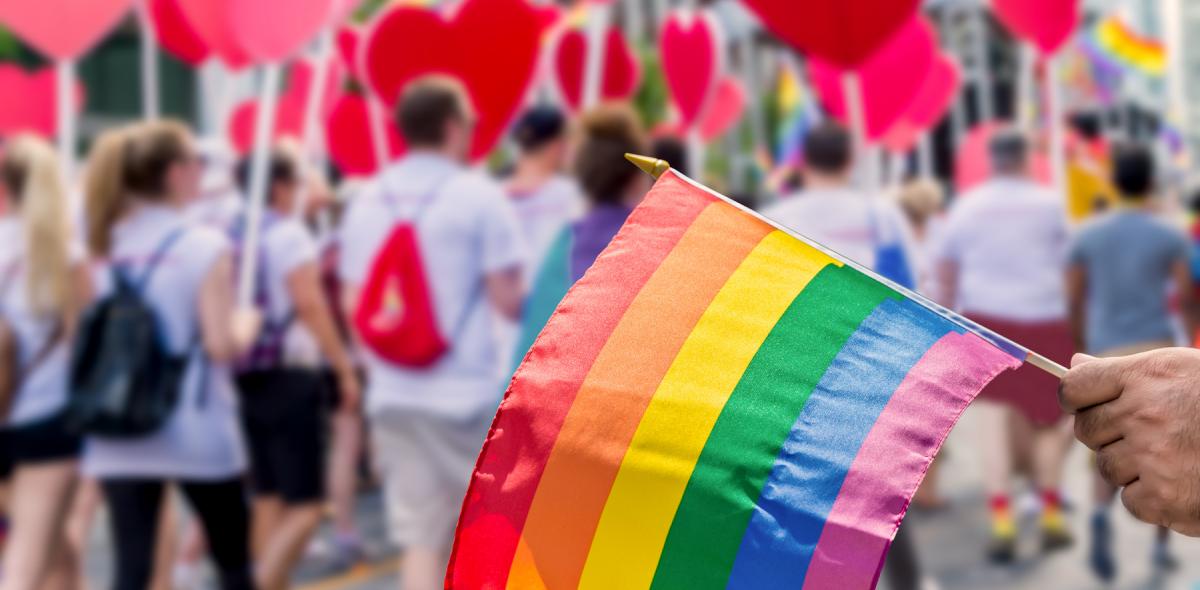All over the world, LGBT people (lesbian, gay, bisexual, transsexual and intersexual) are victims of human rights violations. These range from subtle discrimination to imprisonment and torture.
In almost half of the world’s countries, homosexuality is a criminal offence. In some countries, it is even punishable by the death penalty.
In 2009, the International Organisation for Homosexual Rights (ILGA) published a report which stated that homosexuality is illegal in 80 countries, compared to 73 in 2017. About ten countries have the death penalty for homosexuality, but only in a few countries does the death penalty apply, such as Iran. In Uganda, a law on the death penalty for homosexuality was not adopted in 2014, after lengthy preparation. In 2017, same-sex marriage was permitted in some 25 countries, and this number is growing steadily. Only a few European countries and Canada have legal protection against homosexual discrimination. This world map of ILGA shows the state of freedom and criminalisation of sexual orientation in 2019.
Little is often known about the persecution and discrimination of homosexuals outside the West. In many countries, homosexuals are prosecuted on charges such as vagrancy or sexual crimes. In many countries, particularly in Africa, Asia and the Middle East, homosexuality is hardly accepted and prosecution is not seen as a violation of human rights. The Vatican considers homosexuality to be unnatural and strongly opposes same-sex marriage.
Every year, ILGA produces a world map of the situations in each country.
Position of LHBTIs in the Netherlands
In the Netherlands, legal discrimination against homosexual behaviour has been banned since 1971. According to the Equal Treatment Act (1994), the fact that someone is heterosexual or gay can never be a reason to discriminate or discriminate. On 1 April 2001, the Netherlands was the first country in the world to introduce legal marriage for same-sex partners; Belgium did so in 2003. Dutch married gay couples can also legally adopt children from home or abroad.
There are many people who find homosexuality reprehensible, sinful or unacceptable on religious or other grounds. Such an attitude is often referred to as homophobia or homophobia. Freedom of speech generally allows for negative judgements. Whether negative statements about homosexuals are a form of hate speech, and therefore punishable, depends on the circumstances in Dutch case law. Not every disparaging statement is a reason for prosecution.
Rights of LHBTIs: Amnesty’s vision
Amnesty International decided in 1991 to take action against all cases of imprisonment on the grounds of homosexuality. Amnesty International has an international LHBTI network that takes action against discriminatory practices. Now that same-sex marriage has been recognised in only a few countries and seems unacceptable in many, Amnesty argues that a state should not prevent homosexuals from entering into contractual relationships similar to the terms of a marriage.


Leave a Reply